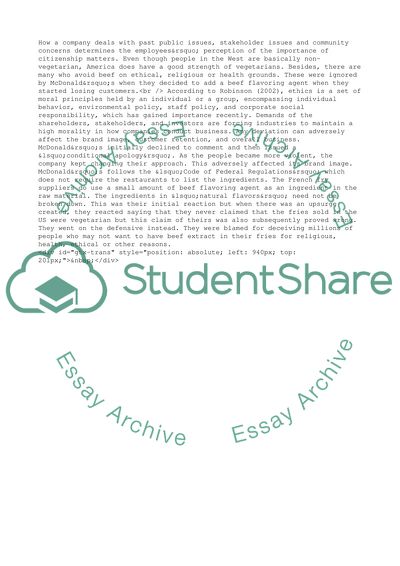Cite this document
(Business Ethics: The McDonald's Beef Fries Controversy Case Study, n.d.)
Business Ethics: The McDonald's Beef Fries Controversy Case Study. Retrieved from https://studentshare.org/business/1539621-business-ethics-the-mcdonalds-beef-fries-controversy
Business Ethics: The McDonald's Beef Fries Controversy Case Study. Retrieved from https://studentshare.org/business/1539621-business-ethics-the-mcdonalds-beef-fries-controversy
(Business Ethics: The McDonald'S Beef Fries Controversy Case Study)
Business Ethics: The McDonald'S Beef Fries Controversy Case Study. https://studentshare.org/business/1539621-business-ethics-the-mcdonalds-beef-fries-controversy.
Business Ethics: The McDonald'S Beef Fries Controversy Case Study. https://studentshare.org/business/1539621-business-ethics-the-mcdonalds-beef-fries-controversy.
“Business Ethics: The McDonald'S Beef Fries Controversy Case Study”. https://studentshare.org/business/1539621-business-ethics-the-mcdonalds-beef-fries-controversy.


